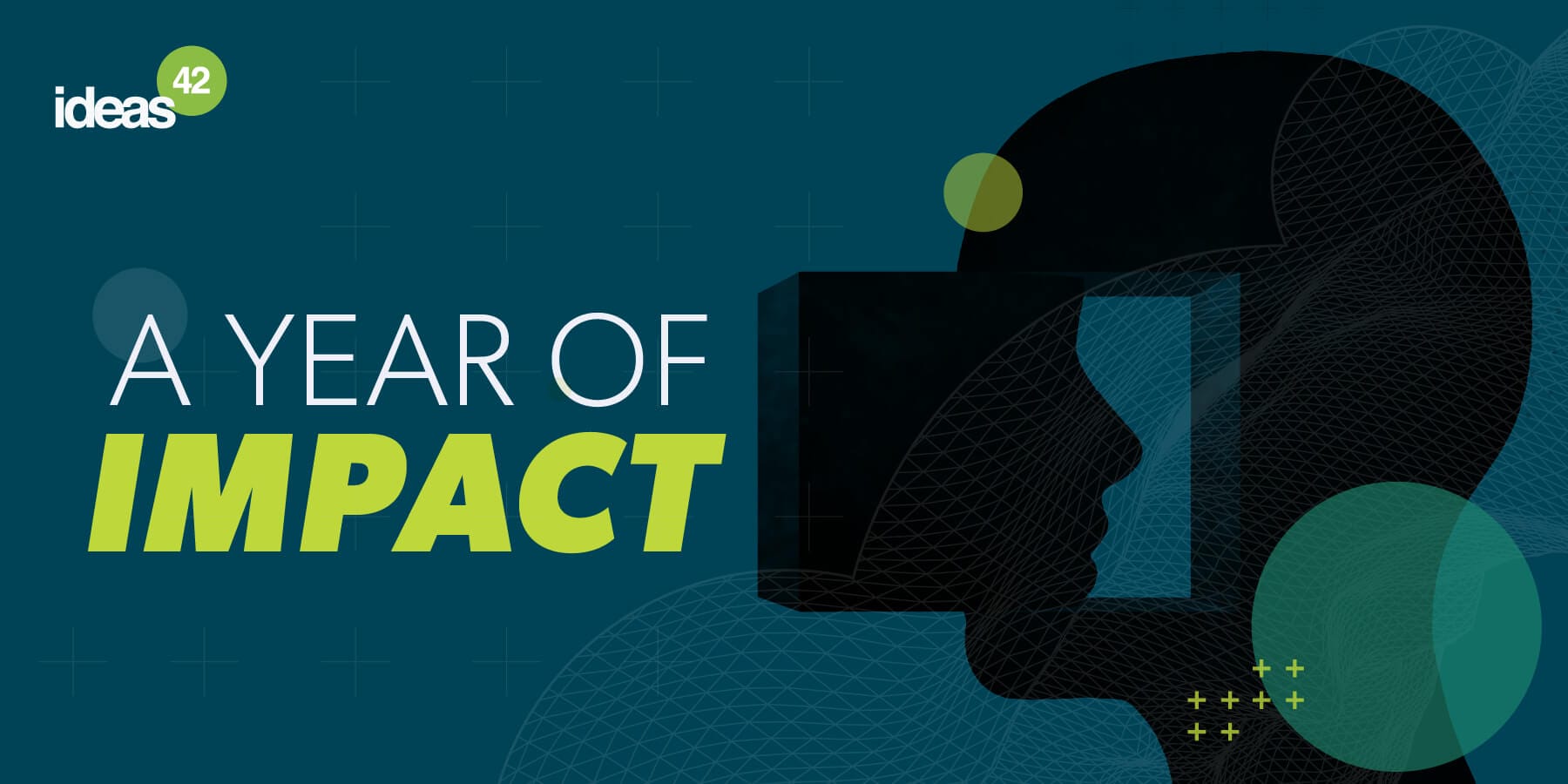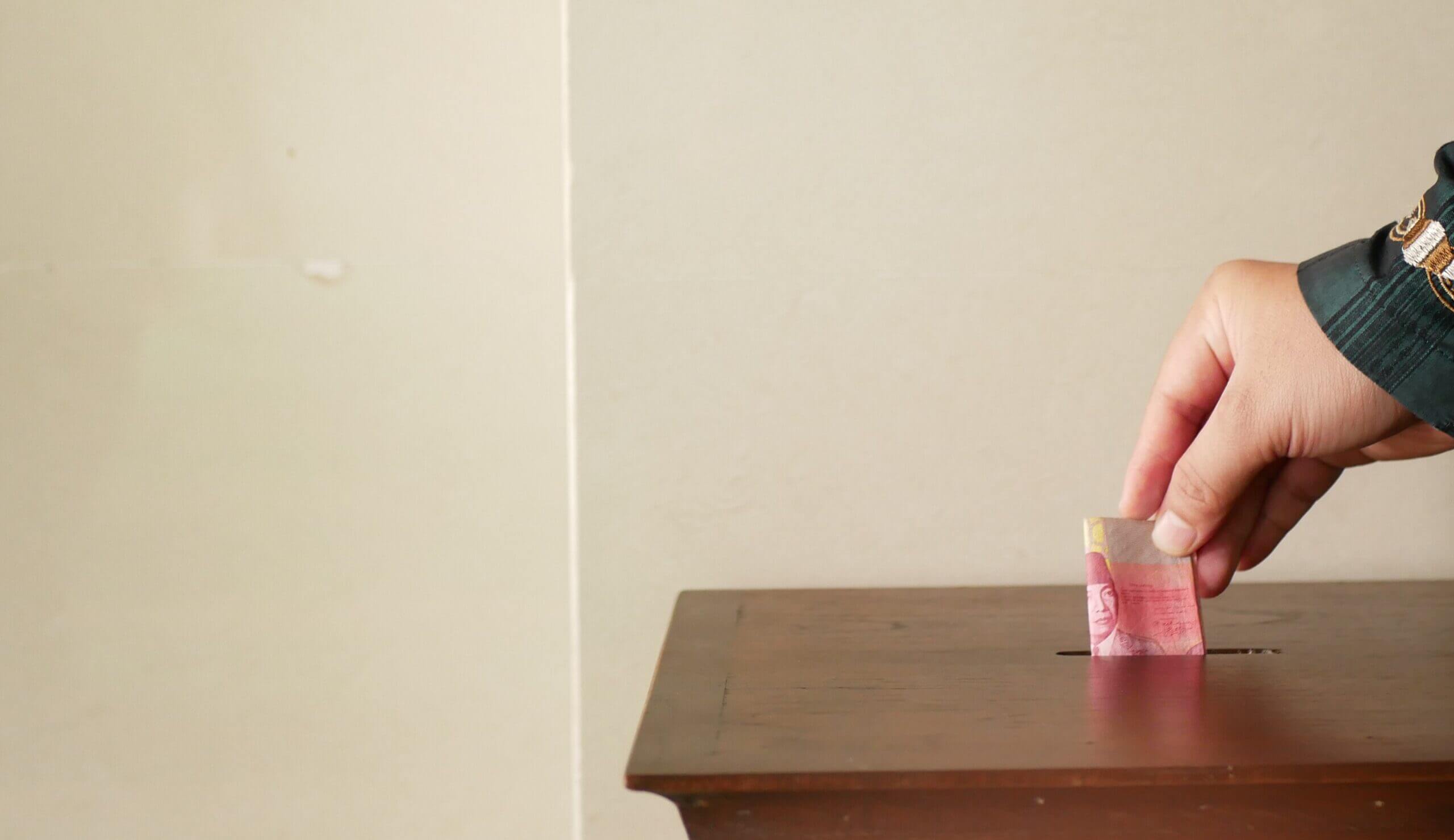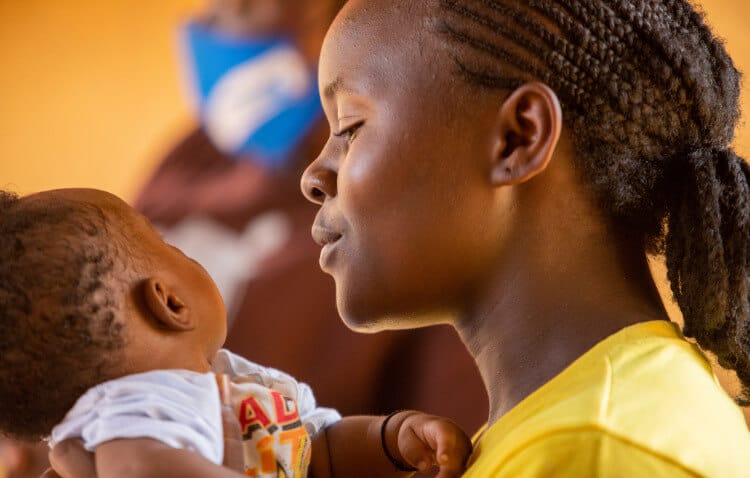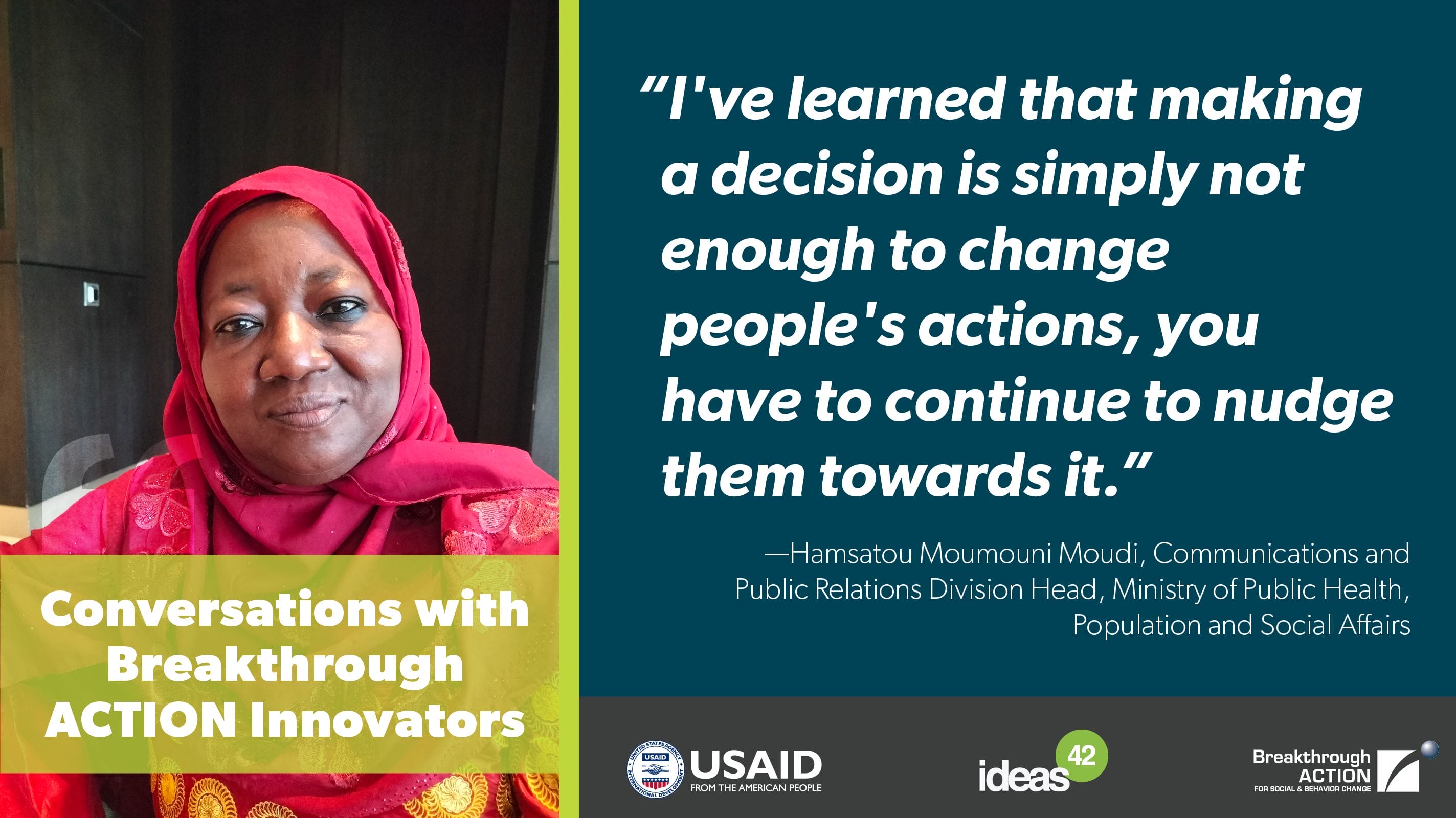
Want to Get Healthier but Don’t Know Where to Start? Try Microbehaviors
by Arielle Gorstein
How are you doing on your New Year’s resolutions? Here are 10 “microbehaviors” to keep your health goals on track. If you made a health-related New Year’s resolution this year, you’re not alone; health-focused resolutions make up the top three most common goals, year after year. And if you’re still going strong, congratulations! You’re in […]











